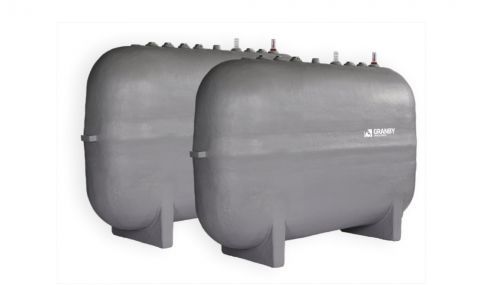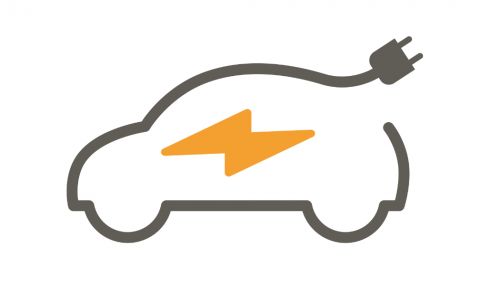Managers can gain better control of operations
Modern GPS tracking tools for the fleet can do more than just locate company vehicles and optimize routes.
Oil & Energy recently checked in with NexTraq, a provider of GPS vehicle tracking and spoke with Senior Director of Business Development Mark Huffman about some of the advanced capabilities that a good GPS system can deliver. Business owners can use a GPS tool like NexTraq to gain a better window into operations and address a number of potential problems with vehicles and drivers, he said.
For example, a GPS system that is integrated with a fuel card program can help combat employee theft. NexTraq has created a Fuel Slip Audit Report that helps detect theft by merging data on vehicle tank capacities, fueling locations and fuel purchases. If a manager sees that its fleet is using more fuel than expected, they can print out a granular report that could show, for example, that a driver purchased more fuel than should have fit in the vehicle’s tank at the time of the fill-up. This could be a sign that he is fueling another vehicle or tank, and a good report can provide the evidence needed to pinpoint a possible problem, according to Huffman. “If you do not have the data married together, these things can be very difficult to figure out,” he added.
Break Up the Party
Another management concern that GPS can address is employee congregation. Huffman said many businesses lose productivity when employees get together for an unduly long lunch or knock off early on a Friday to meet at a tavern. A company can set parameters relating to the proximity of company vehicles and configure the system to send an alert in the event of an unauthorized employee get-together.
“Most small business owners are taxed to the limit, and they need tools that align the data to give them a holistic view of their business and as much as possible relieve their anxiety about what might be happening,” Huffman said. “If you want to manage the business instead of letting the business manage you, you must put the tools in place to help you do that.”
Good GPS systems use dashboard views that provide immediate overviews into operations combined with the capability to drill down into individual vehicles and locations, he said.
A capable GPS system can also help improve customer service. For example, a company that delivers fuel to service stations can set a “geofence” around every customer location and automatically send an alert to a station manager letting them know the delivery truck is about to arrive.
GPS can also help a company refute erroneous claims involving its vehicles. A driver might falsely complain that a company vehicle cut them off in traffic, or a customer could claim that the service technician never showed up at their house. With GPS tracking, a manager can determine where the company vehicles were at all times and effectively challenge a false claim.
Not So Fast
A GPS system can also track various aspects of vehicle performance such as speeding and hard braking, and the company can use that information in numerous ways to improve safety and promote cost-effective operations, according to Huffman. One management strategy is to alert drivers and managers in real-time to incidents of speeding. Another approach would be to create a report on fleet and driver performance and use it as a management tool. For example, a company could create a safe driving incentive program and use the GPS data to determine best and worst performers.
If drivers speed or make jackrabbit starts, the company can pay the price in several ways, according to Huffman: accidents that harm the company’s safety ratings; driving violations that lead to a license suspension; and damage or premature wear to the vehicles themselves.
The sophistication and accuracy of driver performance data often depends on the capability of the GPS “black box” deployed in the vehicle, Huffman said. NexTraq offers customers different black box options, including ones that integrate with the power-takeoff (PTO) system or have a built-in accelerometer that detects and tracks vehicle speed and acceleration.
A GPS system can also help drivers avoid restricted roadways and be forewarned of bad weather. Huffman explained that a weather map can be overlaid on a GPS dashboard, and certain GPS systems are capable of comparing roadway restrictions to vehicle characteristics such as weight and cargo type.





